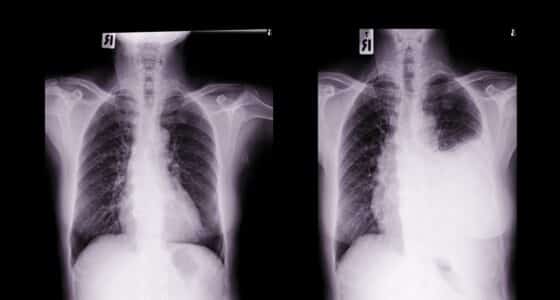A group of researchers from West China Hospital in Sichuan province have published the results of a study exploring the role of pleural effusion in malignant mesothelioma. The group’s specific goal was to see whether the troubling symptom could be a useful prognostic tool in assessing patient outcomes. After examining the histories of over 4,000 patients treated for the disease over a twenty-year period, they concluded that the presence of pleural effusions could serve as an independent prognostic factor.

Researchers Seek Answers to Pleural Effusions’ Impact on Mesothelioma Survival
Pleural effusions occur in most patients diagnosed with malignant pleural mesothelioma. The complication is common in several malignancies and is generally caused by tumors metastasizing into the pleura. They also cause uncomfortable symptoms, including chest tightness, cough, and shortness of breath. Though it has been established that pleural effusions have a negative impact on survival, it was not known whether that impact could be used as a prognostic factor.
With approximately 30,000 new cases of malignant mesothelioma occurring each year globally, researchers from the Department of Pulmonary and Critical Care Medicine of the West China Hospital aimed to explore the prognostic factor of pleural effusions on patients with the disease. They examined the medical records of 4,185 patients treated between 2000 and 2021, extracted from the SEER database, and examined the association between the presence of pleural effusions, overall survival, and cancer-specific survival.
Results Indicate Clear Connection Between Pleural Effusions and Poor Mesothelioma Outcomes
The results of the study revealed a significantly poorer overall survival and cancer-specific survival in mesothelioma patients with pleural effusions. The five-year overall survival rates were 5.87% in those with pleural effusions and 10.8% in patients without them, while the five-year cancer-specific rates were 7.33% in those with pleural effusion and 14.2% in those without.
The researchers concluded that pleural effusion can be used as an independent prognostic factor in patients with malignant pleural mesothelioma and, based on specific results related to different treatment options, that patients receiving surgical resection could be remarkably affected. They recommend monitoring and management of pleural effusions in the treatment of the disease, and that more studies be conducted.
If you or someone you love has been diagnosed with malignant pleural mesothelioma, the results of this research could provide a significant boost to the management of their illness. For more information on breakthroughs and other options, contact the Patient Advocates at Mesothelioma.net today at 1-800-692-8608.
